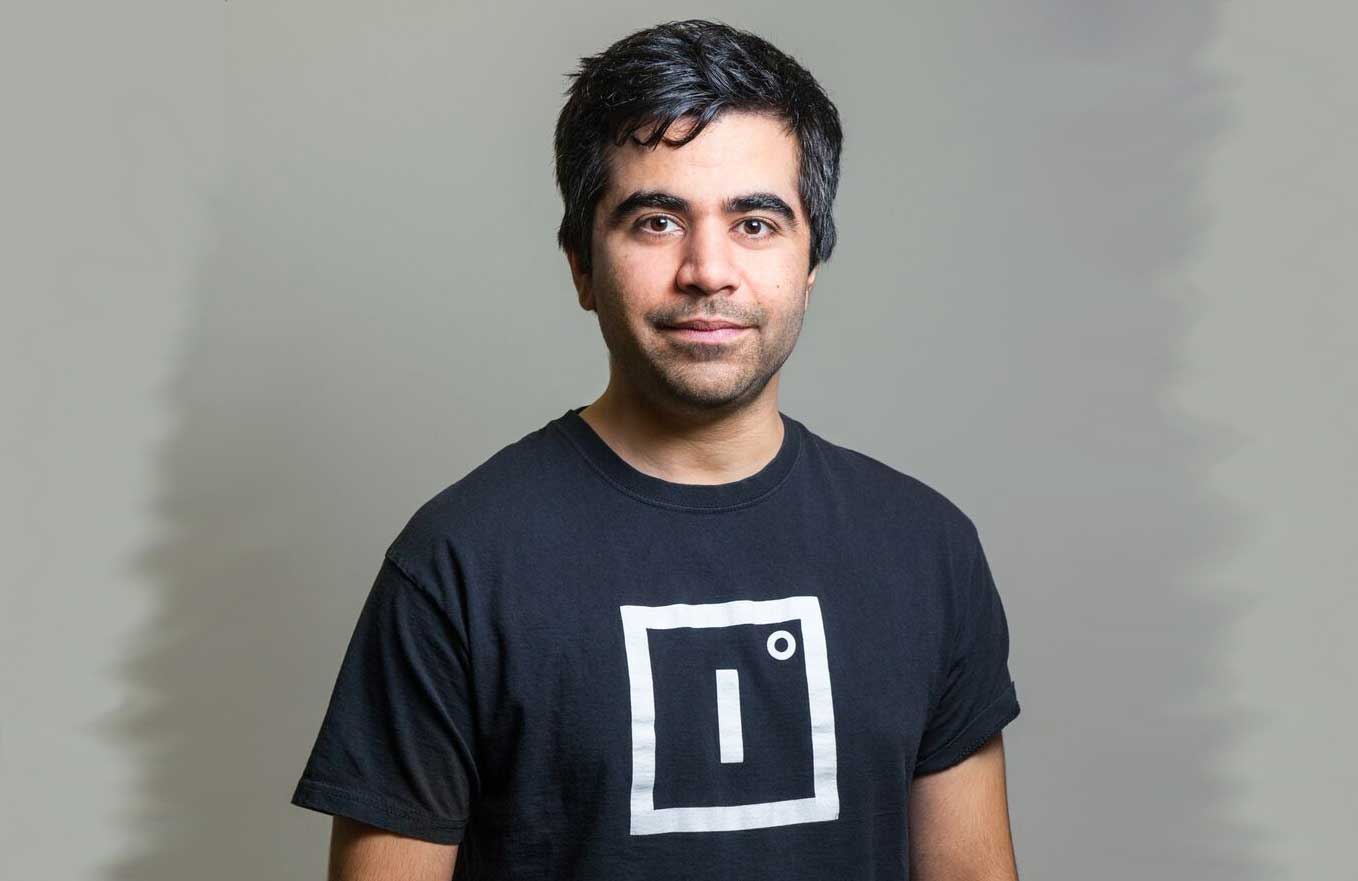 EMERGING TECH
EMERGING TECH
 EMERGING TECH
EMERGING TECH
 EMERGING TECH
EMERGING TECH
London-based startup Improbable Ltd., best known for its virtual simulated world software SpatialOS, announced Thursday that Chinese gaming giant NetEase Inc. has invested $50 million in the company.
SpatialOS is a cloud-based technology used to assist game makers in building extremely large-scale virtual worlds, such as those that are found in many modern massively multiplayer games. The name of the company, Improbable, speaks to the once impossible size of the worlds the software is designed to build.
Alongside this investment, NetEase will gain access to that technology and open up this game development technology to developers in China and other Asian markets. This follows an agreement between NetEase and Improbable in February 2018 in which the Chinese gaming giant said it will develop and publish games based on the SpatialOS platform.
This $50 million investment follows Improbable’s improbably massive $502 million Series B funding round in May 2017 led by Japanese technology giant SoftBank. This brings the total investment in Improbable to $604 million since the company’s launch in 2014.
According to Business Insider, this doubles the valuation of Improbable to more than $2 billion. It was last valued at $1 billion at the May 2017 round.
“It is a small minority investment in the company, but it is quite significant because we’ve been trying to broaden our pool of partners to encompass Asia more effectively, especially China because it’s the largest games market in the world,” Improbable Chief Executive Officer Herman Narula (pictured) told GamesIndustry.biz. “We reached a point earlier this year where our technology matured to the point where we feel comfortable and were really engaging with top end developers like.”
Improbable also plans to open an office in China as part of the deal and the company is beginning a recruitment drive for more staff to occupy that office. The company intends to use the office as a foothold to open its platform up to the Asia-Pacific market in general and provide support to game developers in the region.
“It’s going to be huge,” Narula said. “If you’re a small indie dev in the U.K., you may be able to deploy your games on us and potentially even access the Chinese markets through partnerships as well, which is super exciting. Having a presence there and being able to show we can work in Asia and we can work globally as a platform, I think that makes us even more reliable and trustworthy for developers.”
China is a booming segment of the gaming market and alone accounts for more than a quarter of all game revenues, according to market analysts at Newzoo, reaching $37.9 billion this year. The country is also expected to remain the No. 1 gaming market by revenue and by total number of players.
This partnership with NetEase expands Improbable’s work to spread its SpatialOS technology, which has been picked up by Bossa Studios for its newly launched giant virtual-world game Worlds Adrift.
Games such as Worlds Adrift depend heavily on massive environments that players can explore and interact with – in the case of Worlds Adrift, a never-ending archipelago of floating sky islands greet players to discover and exploit them for resources. The game requires a vast, persistent virtual environment that would maintain its own internal physics and state of being as players interact with islands and each other.
The SpatialOS platform for game developers is currently open to all online game developers and publishers worldwide, and a free-to-try version can be downloaded at Improbable’s developer portal.
The last released version of SpatialOS is 11.0 and improves the library functions, standardizes metadata and persistence. The company also announced in July 2017 the addition of software development kits for popular game development engines including Unity Technology Inc.’s Unity and Epic Games Inc.’s Unreal Engine.
“The explosion of new gameplay that we think distributed computation and platforms like ours can bring is really hard to fathom,” Narula said. “As a business, we’re completely focused on this. We think this is a trillion-dollar industry and we want to be the infrastructure for it.”
THANK YOU